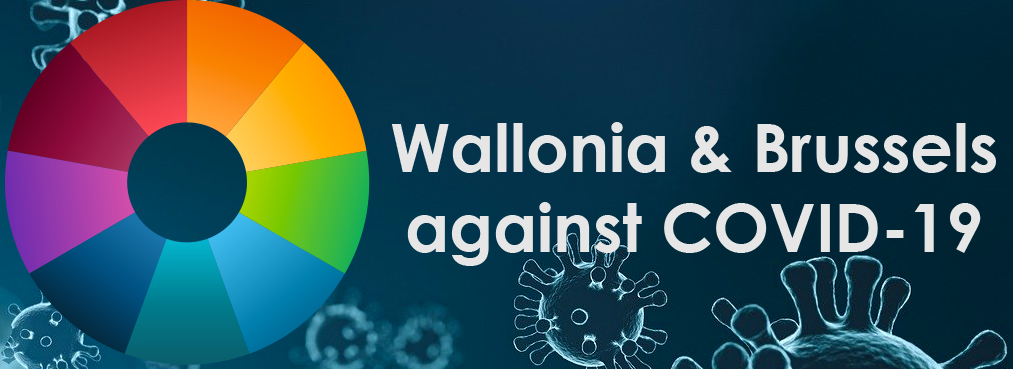Annick Sartenaer, Full Professor - Alexandre Mauroy, Professor - Nicolas Franco, Ph. D. - Sébastien Clesse, Ph. D.- Morgane Dumont, Ph.D. Student
UNamur - FNRS
" Professors and researches from the Department of Mathematics and the naXys research institute of complex systems at UNamur gathered their skills and expertise in mathematical modeling, dynamic systems, statistics, control theory and numerical optimization to develop prediction and unlockdown monitoring models of the Covid-19 epidemic. They set up a consortium in mathematical modeling of the Covid-19 epidemic bringing together all the universities of the Wallonia Brussels Federation, in synergy with its equivalent in Flanders. "
Contact: Annick Sartenaer (This email address is being protected from spambots. You need JavaScript enabled to view it.) Alexandre Mauroy (This email address is being protected from spambots. You need JavaScript enabled to view it.) Nicolas Franco (This email address is being protected from spambots. You need JavaScript enabled to view it.) Sébastien Clesse (This email address is being protected from spambots. You need JavaScript enabled to view it.) Morgane Dumont (This email address is being protected from spambots. You need JavaScript enabled to view it.)


